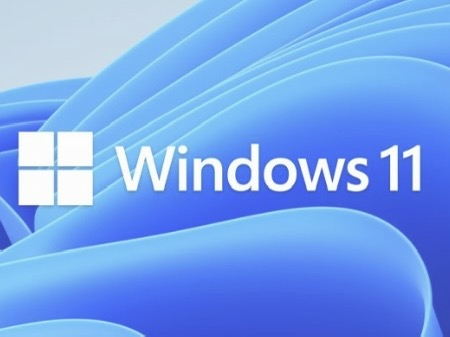- Microsoft will discontinue the Suggested Actions feature in Windows 11, which provided automatic task suggestions based on copied text, after users reported inconsistent performance.
- This move aligns with Microsoft’s focus on generative AI and streamlining Windows 11’s user interface.
What happened: Suggested Actions feature discontinued as Microsoft shifts focus in Windows 11
Microsoft has officially confirmed that its Suggested Actions feature will be removed in a future Windows 11 update. This feature, introduced less than three years ago, was designed to make everyday tasks quicker by suggesting actions based on copied content. For instance, copying a phone number would prompt users to dial it, or copying a date might suggest creating a calendar event. While this functionality was originally marketed as a helpful addition to Windows 11, it has struggled with usability. Users often reported issues such as the pop-up appearing in inconvenient locations or not functioning as expected, particularly with phone numbers. As part of Microsoft’s ongoing strategy to refine its user interface, Suggested Actions has now been quietly added to the Deprecated Features list, signaling its eventual removal.
Also read: Microsoft ends updates for Windows 11 on non-compliant PCs
Also read: Windows 11 Rolls Out Copilot and AI Enhancements
Why it’s important:
The removal of Suggested Actions aligns with Microsoft’s broader strategy of focusing on technologies that offer more consistent and effective user experiences. As the company pushes forward with its Copilot assistant, which integrates AI to provide a more streamlined and intelligent user interface, features like Suggested Actions become redundant. Copilot is designed to perform a range of tasks, including predictive actions, with much higher accuracy, which makes the simpler and less effective Suggested Actions feature less necessary.
Additionally, Microsoft is simplifying the Windows 11 interface. Suggested Actions, while originally aiming to streamline tasks like calling phone numbers or creating calendar events, often failed to meet user expectations. Reports of inconsistent performance, such as the pop-up appearing in unwanted places or not functioning as intended, led to its reduced usefulness. By removing it, Microsoft can focus on refining the overall operating system and ensuring that only the most functional features remain.
Moreover, Microsoft’s shift towards generative AI as a core part of the Windows experience means that outdated or poorly executed features will be phased out in favor of more advanced solutions. Features like Copilot, which provide more intelligent and contextually aware interactions, are a better fit for modern user needs and align with the company’s long-term goals.

